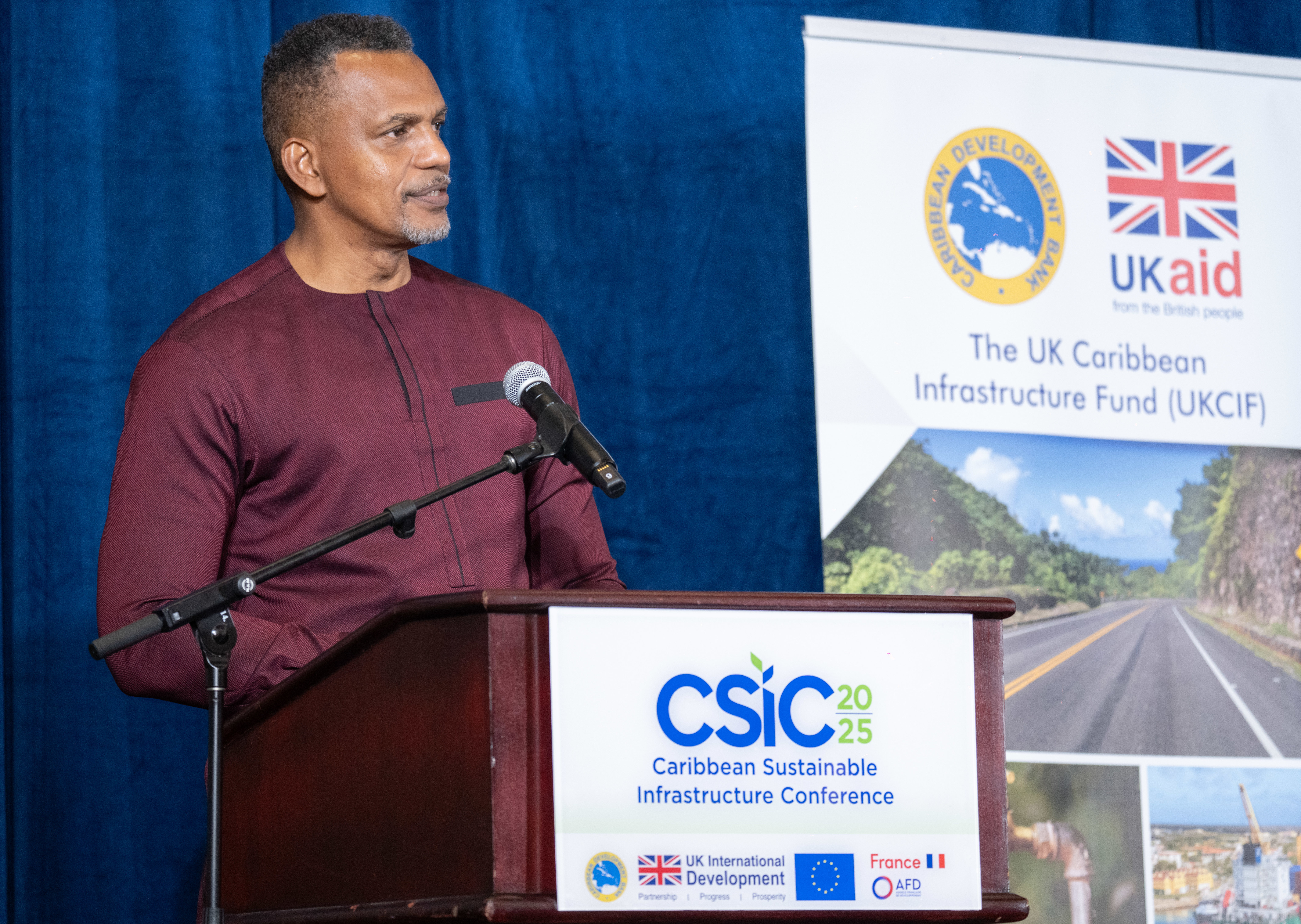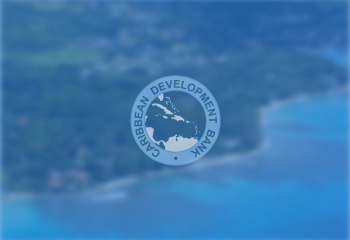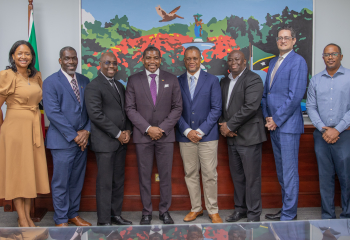Caribbean Sustainable Infrastructure Conference 2025 Concludes with Calls to Build Stronger and More Inclusive Region

The inaugural Caribbean Sustainable Infrastructure Conference (CSIC 2025) provided an unprecedented opportunity for governments, the private sector and development partners to unite and chart a bold new course for transforming the region.
Hosted from November 3–5 by the Caribbean Development Bank (CDB) in partnership with the UK Foreign, Commonwealth and Development Office (FCDO) and Agence française de développement (AFD), through funding from the European Union, CSIC 2025 reinforced that resilient infrastructure is the foundation for economic competitiveness, social inclusion, and environmental stewardship in the Caribbean.
From climate-resilient ports and housing to nature-based coastal defenses and inclusive urban design, the three-day event underscored how the Caribbean can move from vulnerability to vitality by building infrastructure that not only safeguards communities but also fuels opportunity, equity, and innovation. Discussions yielded actionable pathways and strengthened partnerships to accelerate climate resilience, deepen social inclusion, and unlock innovative financing for sustainable growth. Participants discussed how using data, smart design, and approaches that incorporate gender and disability inclusion can make infrastructure more adaptable. They also explored tools like CDB’s Road Sector Resilience Index and climate finance initiatives, which help scale up investment in resilient and inclusive development across the region.
Adding a forward-looking perspective, students from the Barbados Community College and the University of Technology, Jamaica, showcased innovative sustainable design concepts to revitalise Bridgetown. Their presentations demonstrated how youth creativity and academic collaboration can help to reimagine Caribbean urban spaces that meet diverse needs of communities and mitigate environmental and socio-economic risks.
In his closing address, CDB President Daniel Best encouraged participants to continue discussions after the event to find solutions that will strengthen climate resilience, promote equity in access to services, and mobilise finance for withstanding future shocks while supporting inclusive growth.
"Sustainable infrastructure is more than concrete and steel; it is a commitment to balance. It demands that we harmonise environmental stewardship, social equity and economic viability, while always placing the people of our region at the centre of every decision," highlighted Mr. Best.
The British High Commissioner to Barbados and the Eastern Caribbean, H.E. Simon Mustard reminded participants that resilience must be a shared mission stating, “Resilience is not a luxury; it is a necessity. This conference has shown us what is possible when we work together. Let’s continue to build trust, deepen engagement, and work together to deliver infrastructure that is resilient, inclusive, and transformative.”
AFD Regional Project Manager, Financial Institutions, Mrs. Mylène Lerigab, reflected on conference key themes and urged participants to view resilience through hybrid solutions by integrating nature-based approaches, modern engineering, and state-of-the-art materials. She emphasised that the ultimate goal is the well-being of Caribbean people through sustainable development and mindset change explaining, "It is clear that we need to find resources to build projects, to be innovative to do more, as new financial products, public development fund guarantee of course. But, the first thing we need is to change our mind for sustainability. We need to change our mindsets to convince ourselves and those around us of the changes needed to build socio-economic resilience in the Caribbean."
Minister of Planning and Development for Barbados, Dr. the Honourable William F. Duguid, J.P., M.P., underscored the importance of collective action adding, “The coming together of a wide range of local, regional and international practitioners to deliberate on themes such as tackling climate risks, promoting equity and gender inclusion, advancing innovation-led economic development and strong governance through collaboration is both timely and critical. The Caribbean must design finance and build as though its survival depends on it – because it does.”
CSIC 2025 closed with a strong call to action to advance initiatives that protect communities from climate shocks, expand access to essential services, and create equitable opportunities for all. This shared resolve underscored a collective vision for a more resilient and inclusive Caribbean driven by partnership and innovation.
###
Photo caption: CDB President Daniel Best delivers closing remarks at the Caribbean Sustainable Infrastructure Conference.

